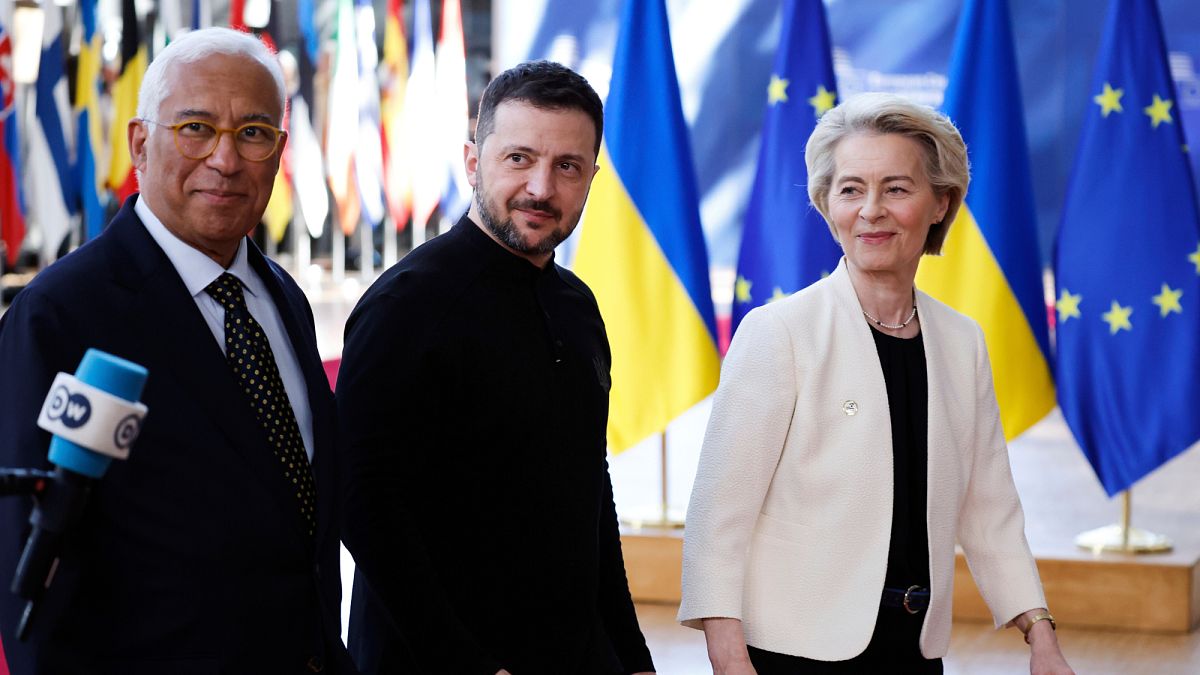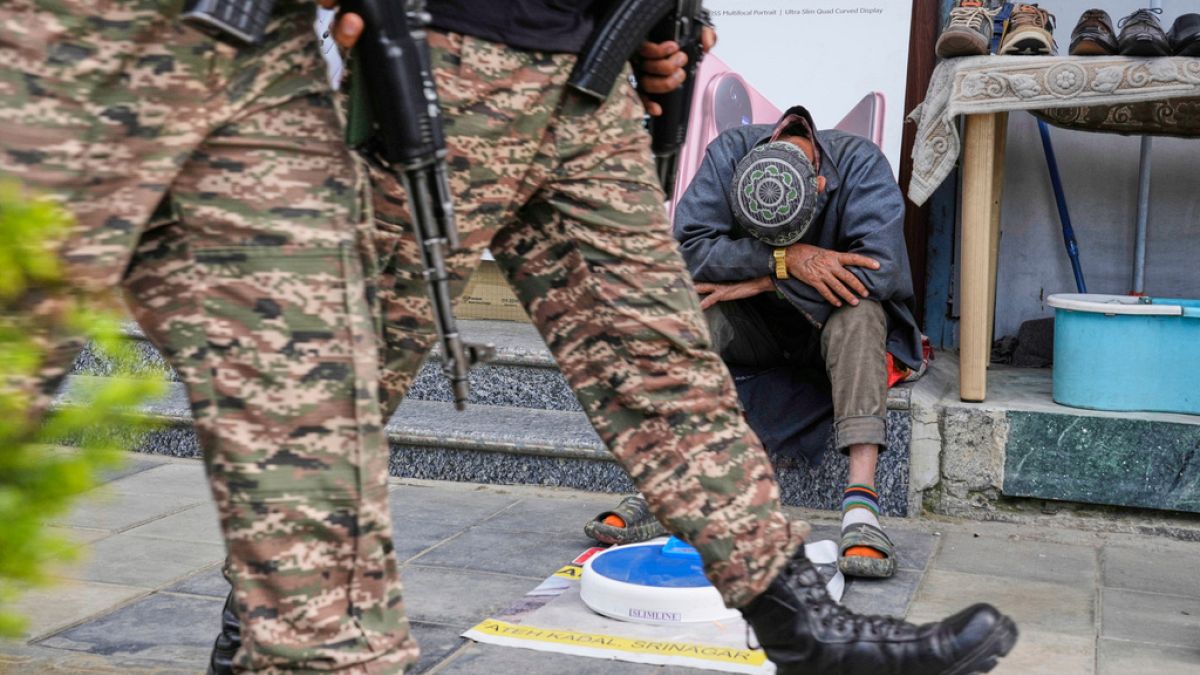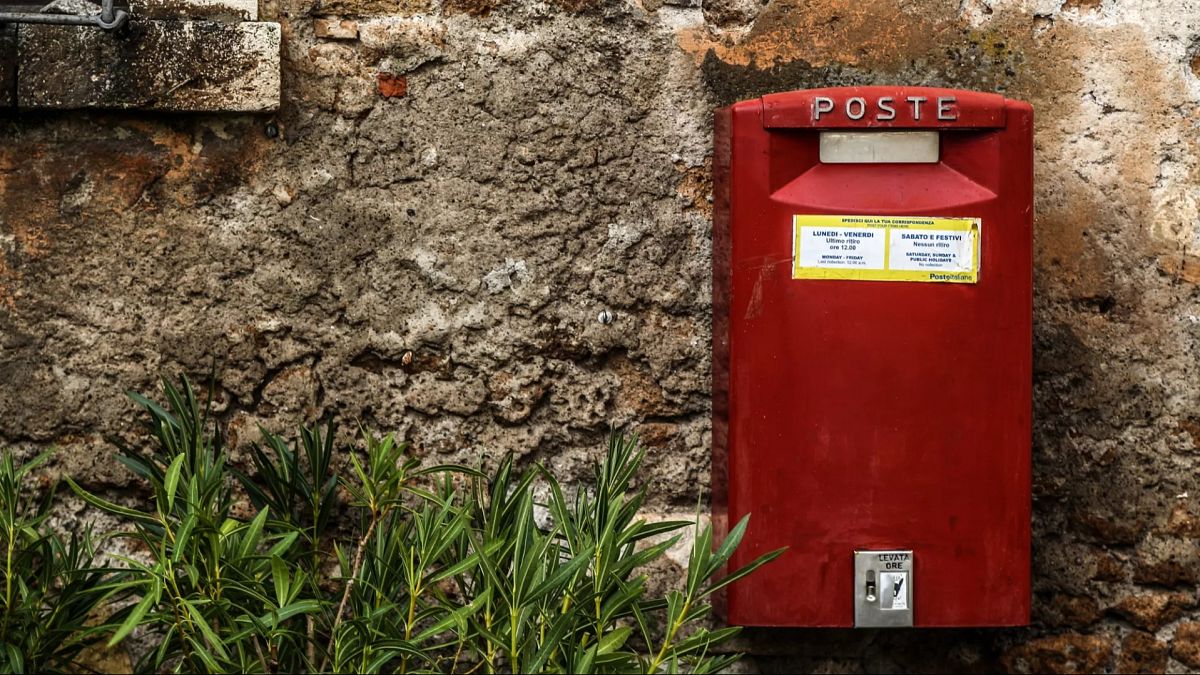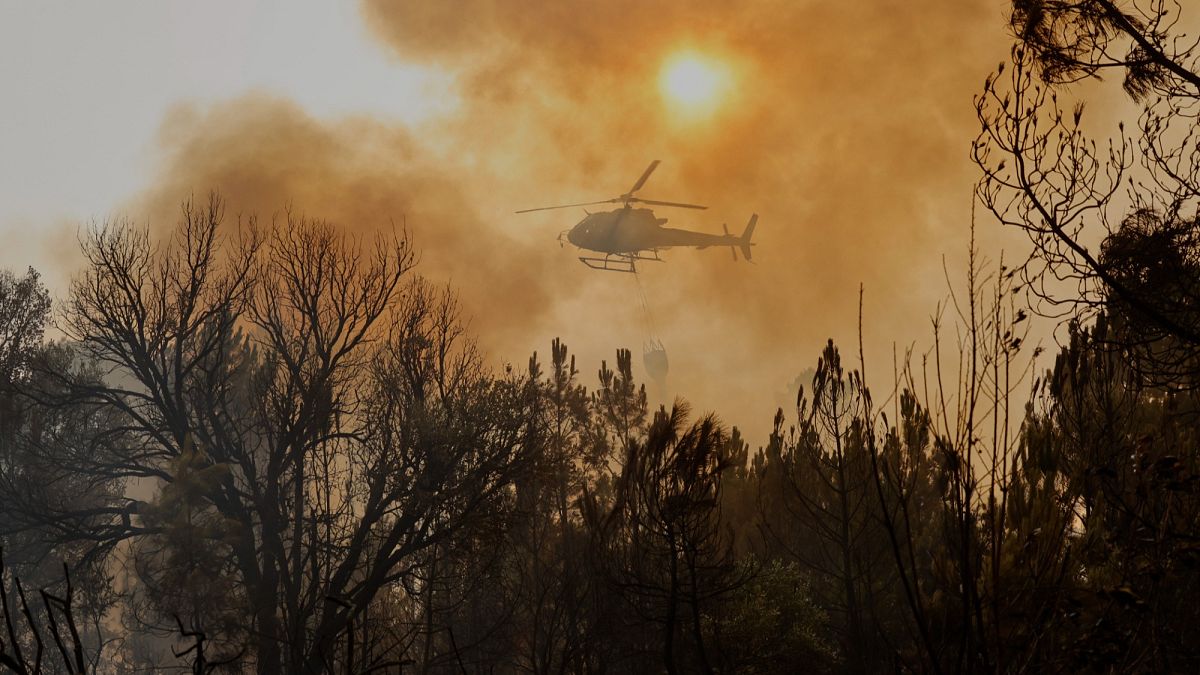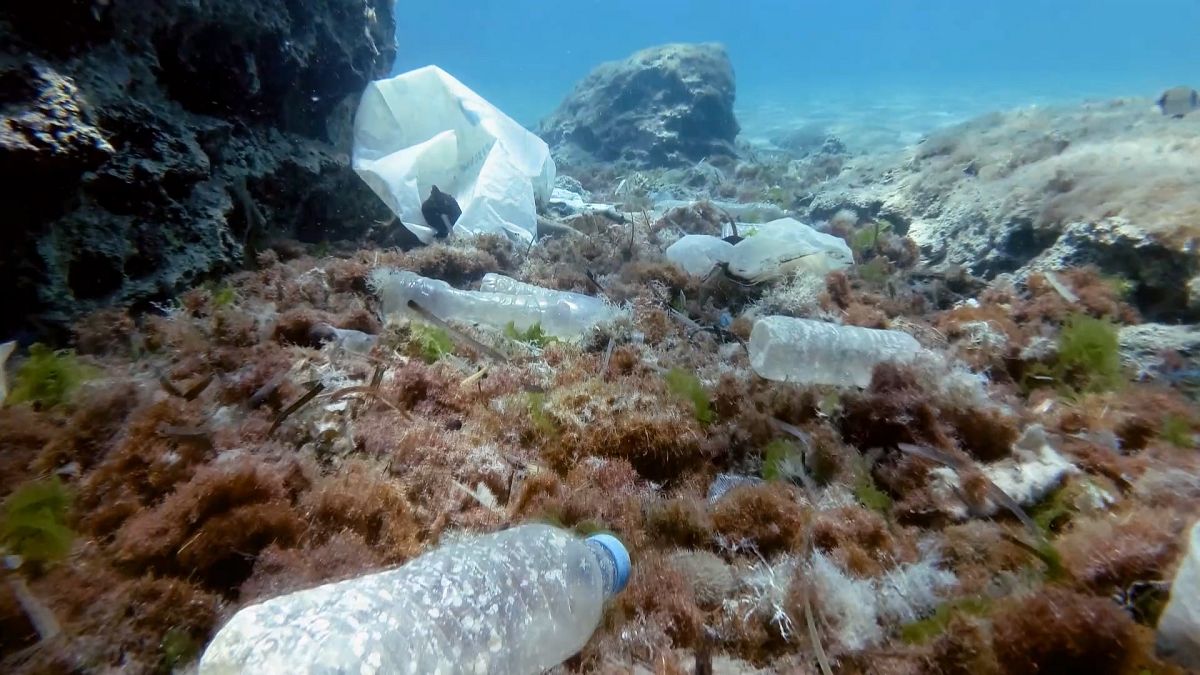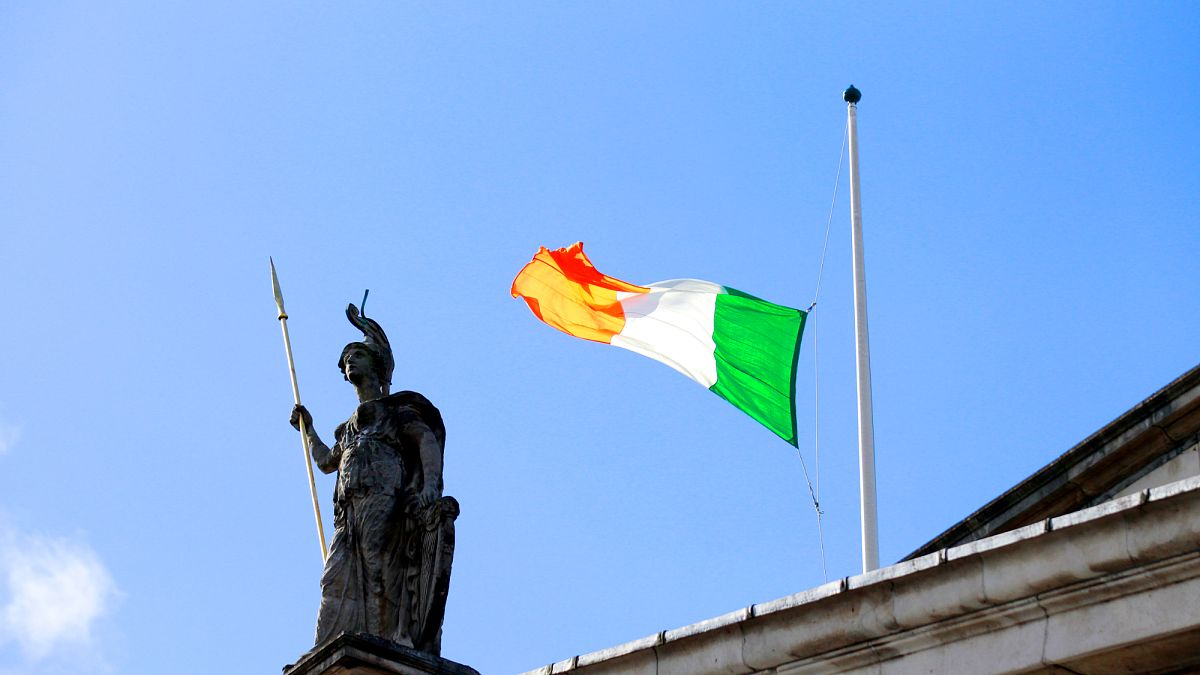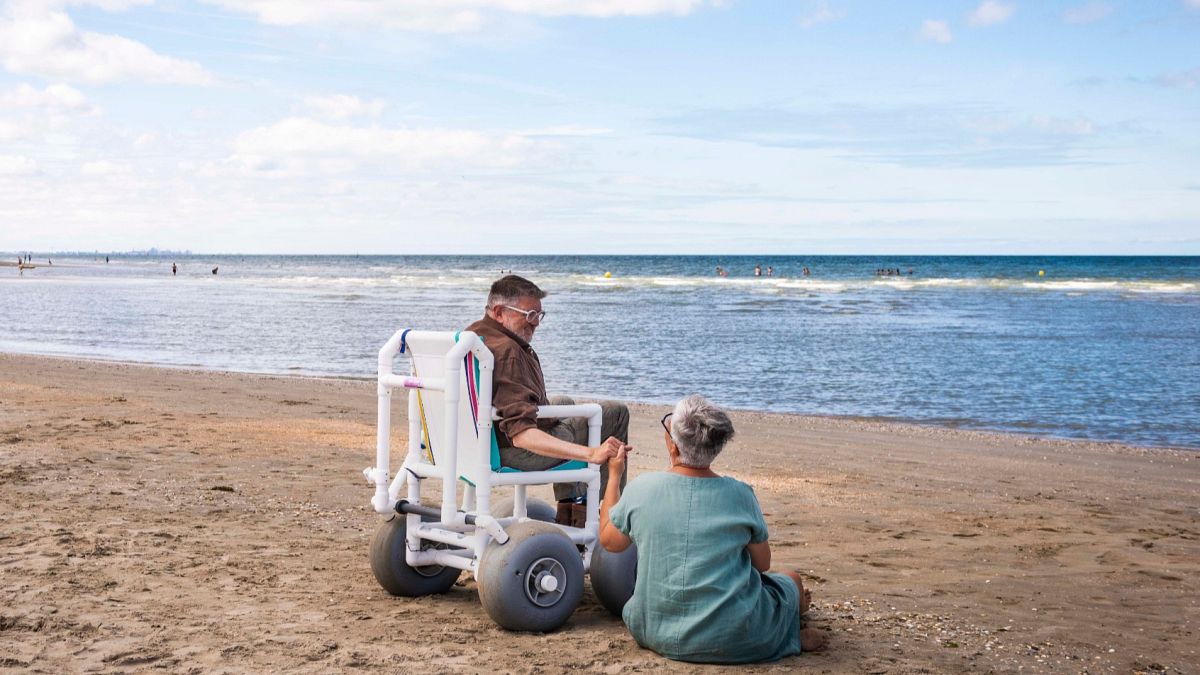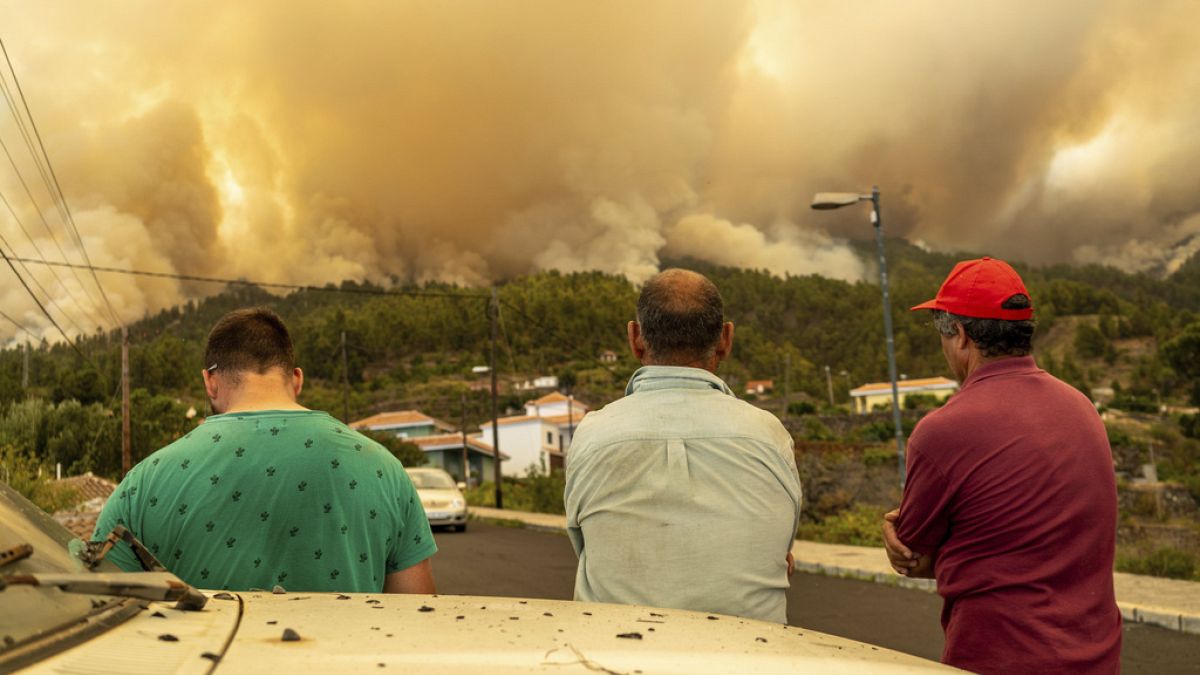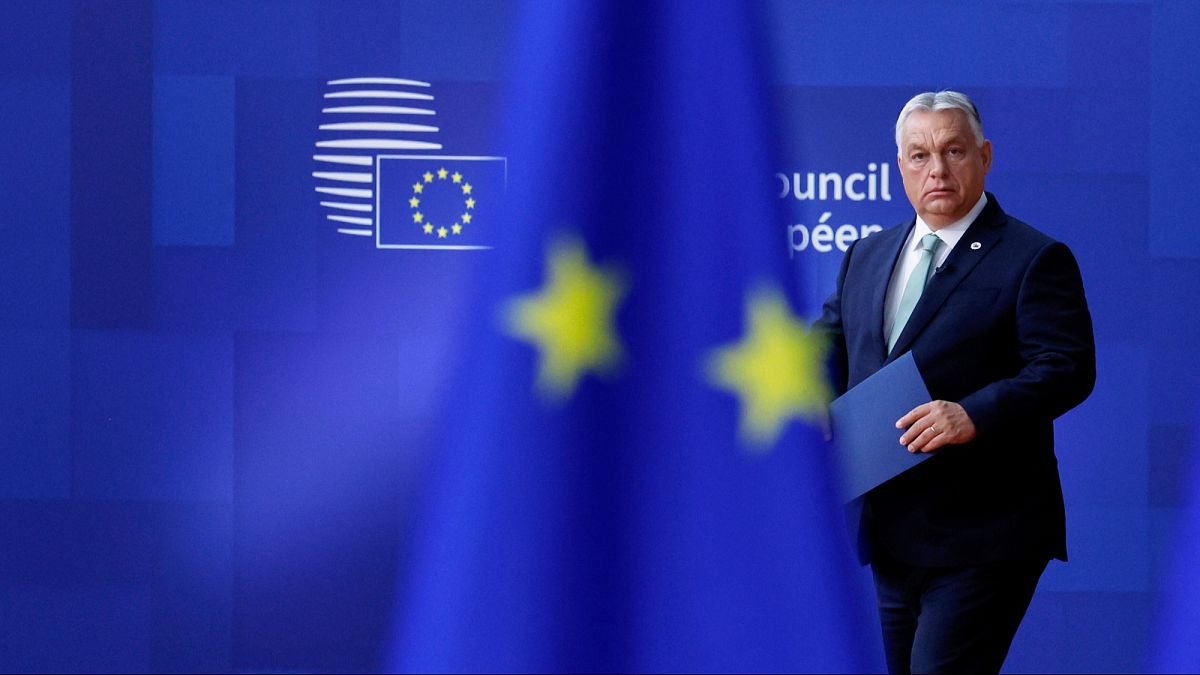Ambassadors from India and Pakistan to the EU have told Euronews how the bloc can support their two countries to overcome the current tensions between them, although the emphasis differs in both cases.
At the end of April 26 civilians – mainly Hindu tourists – were killed in a terrorist attack in Pahalgam, in India’s Jammu and Kashmir province, in the deadliest attack on civilians in India since the 2008 Mumbai attacks. India accused Pakistan of supporting cross-border terrorism and suspended the Indus Waters Treaty, expelled Pakistani diplomats and closed borders. Pakistan rejected the claims and retaliated by suspending the Simla Agreement, restricting trade, and closing airspace.
Both India and Pakistan claims all Kashmir as their territory; Pakistan favours international efforts to resolve the conflict through mediation whereas India doesn’t.
India’s Ambassador to the EU, Saurabh Kumar, underscored India’s claim that Pakistan-based terrorist groups were behind the Pahalgam attack, which he described as “a very heinous and dastardly terrorist attack” in which “26 Indian and one Nepalese citizen tourists were targeted at a point blank range shot on the head after determining the religion in front of the family members,” said Kumar.
“So there were wives out there, there were children out there and the family members were told to take this message back to the leadership of India. You can imagine that this led to a huge uproar within the country,” he said.
The Indian government “took certain action” as a result, he said, adding that this “was very specific, which was targeted, and measured, and which essentially was to take out the terror infrastructure which exists on the Pakistani side”.
“I think as far as the European Union is concerned, you have a lot of economic leverage on Pakistan and the message should be communicated to Pakistan that it has to give up this terror network which it supports within its territory,” said ambassador Kumar.
The Indian government alleges that Pakistan funds, supports, arms, and does “all kinds of activity to let [terrorism] grow and flourish”.
“So, we would like to see pressure coming upon the Pakistani government to dismantle the network,” he said.
Ambassador Saurabh Kumar rejected the idea of any international or EU-led mediation between the two nations. He argued that there’s a clear precondition for India to engage in direct bilateral talks with Pakistan.
“…As our Prime Minister said, you know, terror and talks cannot go at the same time. So, the essential issue here is Pakistan giving up the terror which emanates from its soil and Pakistan using it as an instrument of state policy,” said Kumar.
Pakistan meanwhile denies involvement in the terrorist attacks and says India is “weaponizing lies, weaponizing the issue of terrorism,” on the issue.
Pakistan’s Ambassador to the EU, Rahim Hayat Qureshi, said the country was thankful for US efforts towards the truce, but also to EU High Representative Kaja Kallas for her intervention and phone calls to both capitals.
“The European Union is one of the pillars of the global order. What we call the rules-based order. This incident is not just about India and Pakistan. This was bigger than that. This is about unilateralism versus multilateralism,” he said.
“We cannot allow states to become judges, juries, and executioners. We cannot let missile strikes happen between two nuclear powers,” said Ambassador Qureshi, adding that Pakistan was open to international mediation, and calling on Europe to play a role in this.
“What we’re are saying is that the respect and wishes of the people concerned in this case, Kashmir, should be respected. And Europe has a rightful role in this regard. We urge our neighbour, India, to accept the role of either Europe, the United States, or anybody to have intervention in the matter so that we can mediate our issues with peace and dignity,” said Qureshi.
“We are open to arbitration, negotiations, consultations, mediation, anything, anything to ensure that the rule of law is respected between our two states,” the Pakistan ambassador added.
The European Union last week released a statement condemning the terrorist attack in Pahalgam and said every state has the right to protect its citizens from terror. The EU also called on both countries to de-escalate tensions and desist from further attacks to safeguard civilian lives on both sides.



